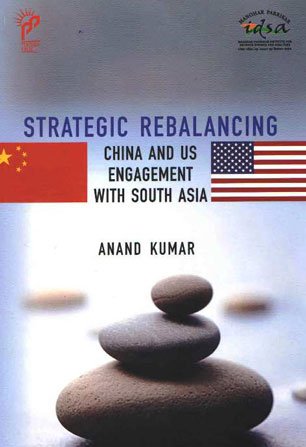Violence in Pakistan: Trend Analysis, October 2008
The number of violent incidents in Pakistan increased from 309 in September 2008 to 346 in October 2008. Yet, casualty figures decreased from 1342 to 1081.1 This shows that Pakistan’s security forces have succeeded in controlling the level of violence, even though current levels are still unacceptably high. 582 suspected militants, most of them from the North West Frontier Province (NWFP) were also arrested by the security forces during the month, in military operations as well as during searches in various areas.
- T. Khurshchev Singh , Alok Bansal
- December 02, 2008
















